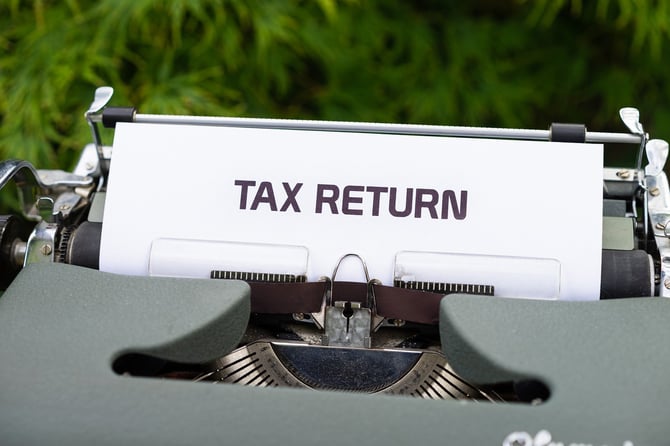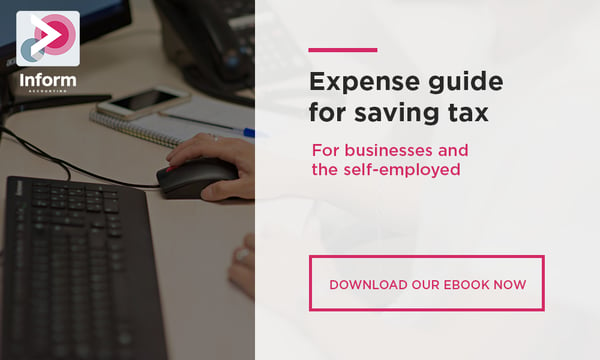BLOG
What tax do I need to pay by 31 January 2021?

The self-assessment tax return for 2019/20 must be filed by midnight on 31 January 2021. If you miss this deadline, you will automatically receive a late filing penalty of £100, regardless of whether you owe any tax, unless you are able to convince HMRC that you have a reasonable excuse for filing your tax return after the deadline.
You must also pay any outstanding tax that you owe for 2019/20 by 31 January 2021, unless you have agreed a Time to Pay agreement with HMRC. The amount of tax that is outstanding for 2019/20 will depend on whether you opted to defer payment of the second payment on account for 2019/20, which would ordinarily have been due by 31 July 2020.
To help taxpayers who were struggling financially as a result of the Covid-19 pandemic, self-assessment taxpayers could opt to delay payment of the second payment on account for 2019/20, paying it instead by 31 January 2021. Where this option was taken, the balance owing for 2019/20 will be the total liability for the year (tax plus, where relevant, Class 2 and Class 4 National Insurance), less any amount paid on account by 31 January 2020.
If you decided instead to pay your July payment on account as normal (or if you paid it later than normal but have now paid it in full), you will only owe tax for 2019/20 if the total liability is more than what has already been paid on account.
Payments on account
If your total tax and Class 4 National Insurance liability was at least £1,000 for 2019/20 and less than 80% of your total liability is collected at source, for example, under PAYE, you will need to make payments on account for 2020/21. Each payment is 50% of the 2019/20 tax and Class 4 National Insurance liability. The first payment is due by 31 January 2021, along with any tax owing for 2019/20. The second payment should be paid by 31 July 2021.
Struggling to pay?
For many, 2020 has been a difficult year financially. Where the option to delay the July 2020 payment on account has been taken, taxpayers may struggle to pay the higher than normal January tax bill in full by 31 January 2021. Where this is the case, they can agree with HMRC to pay the tax that they owe in instalments over the year to 31 January 2021.
If the amount that is owed is £30,000 or less, an agreement can be set up online. Where the amount outstanding is more than £30,000 or the taxpayer needs more than 12 months to pay, contact HMRC to discuss setting up an arrangement to suit.
As payments on account for 2020/21 are based on pre-pandemic profits, consider reducing the payments if profits for 2020/21 are likely to be lower.
Read more of Inform's tax blogs:
Inform Accounting wins at the Accounting Excellence Awards
Five furlough changes you need to know




.jpg?width=1500&height=1000&name=amy-hirschi-K0c8ko3e6AA-unsplash-(5).jpg)

